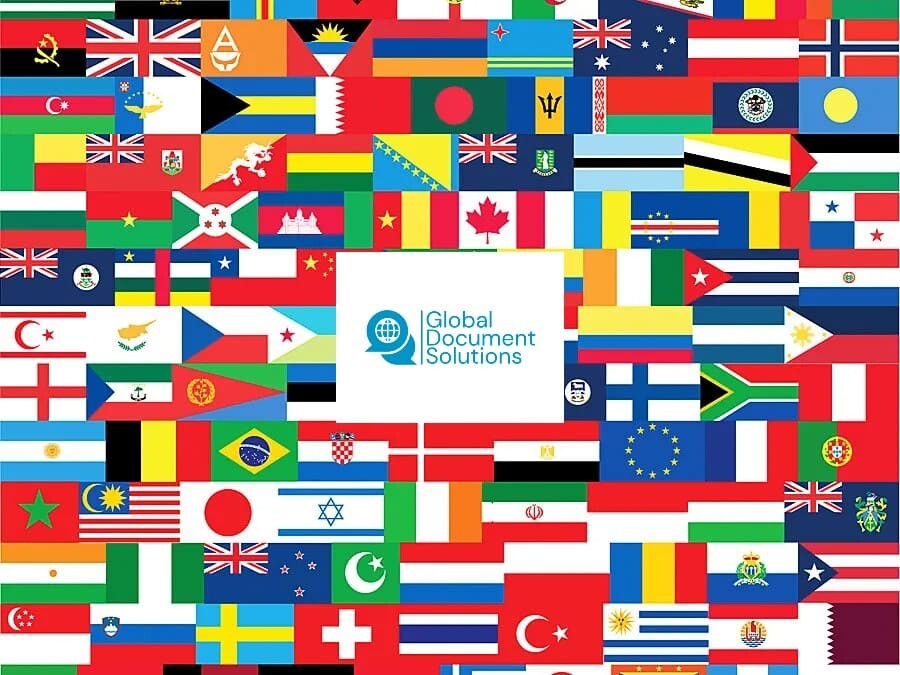
Creating a Canadian Power of Attorney for International Use: A Comprehensive Guide
Creating a power of attorney (POA) is an important task for many people. This legal document allows someone to act on your behalf in matters related to your finances, health, and other important aspects of your life. However, if you are planning to use your POA outside of Canada, it is important to ensure that it will be recognized and accepted in the country where you will be using it. In this article, we will provide you with some useful information on how to create a Canadian power of attorney that is valid internationally.
Understanding the Different Types of POAs
Before we dive into the specifics of creating a POA that can be used internationally, it is important to understand the different types of POAs that are available in Canada. The two main types of POAs are a general POA and a specific POA.
A general POA gives the person you designate as your attorney the power to act on your behalf in all matters, whereas a specific POA limits the attorney’s powers to specific actions, such as managing your finances or making healthcare decisions. Additionally, a POA can be either enduring or non-enduring. An enduring POA remains in effect even if you become mentally incapacitated, while a non-enduring POA ends if you become incapacitated.
Creating an Internationally Accepted POA
If you plan on using your POA outside of Canada, it is important to create a POA that will be recognized and accepted in the country where you will be using it. Here are some tips to help you create an internationally accepted POA:
- Research the Legal Requirements of the Country
Different countries have different legal requirements when it comes to POAs. Before creating your POA, it is important to research the legal requirements of the country where you plan to use it. This will help you ensure that your POA meets all of the necessary legal requirements.
- Consult with a Lawyer
Creating a POA can be a complex process, especially if you want to ensure that it will be accepted internationally. It is always a good idea to consult with a lawyer who is familiar with the laws of the country where you will be using your POA. A lawyer can help you create a POA that meets all of the legal requirements and is valid internationally.
- Use Clear and Specific Language
When creating your POA, it is important to use clear and specific language to avoid any confusion. Be sure to clearly outline the powers you are granting to your attorney, as well as any limitations on those powers. This will help ensure that your POA is accepted and understood in the country where you will be using it.
- Get the POA Notarized
Getting your POA notarized can help ensure that it is accepted internationally. Notarization involves having a notary public or lawyer certify that the document is authentic and legally valid. This can help prevent any issues or challenges to the validity of your POA in the country where you will be using it.
Authentication & Legalization of a Canadian Power of Attorney - The Final Step
Authentication and legalization are additional steps that you will need to take to ensure that your Canadian power of attorney is valid and accepted internationally. Authentication involves verifying the signature and seal on the document at Global Affairs Canada, while legalization involves certifying the document with an apostille or embassy stamp. The specific requirements for authentication and legalization will vary depending on the country where you plan to use your POA. It is important to research the requirements for the specific country and consult with a professional to ensure that your POA is properly authenticated and legalized. Failure to follow the appropriate procedures for authentication and legalization can result in your POA being rejected or challenged in the country where you plan to use it.
In conclusion, creating a Canadian power of attorney that is valid internationally requires careful planning and attention to detail. By understanding the legal requirements of the country where you will be using your POA, consulting with a lawyer, using clear and specific language, and getting the POA notarized, you can create a POA that is recognized and accepted internationally.

